A Chapter 13 bankruptcy can be a powerful tool to stop a sheriff's sale in Minnesota. By filing for Chapter 13, you may be able to halt foreclosure proceedings and develop a repayment plan to catch up on missed mortgage payments.
.
Posted by Danielle Lin on October 25
A Chapter 13 bankruptcy can be a powerful tool to stop a sheriff's sale in Minnesota. By filing for Chapter 13, you may be able to halt foreclosure proceedings and develop a repayment plan to catch up on missed mortgage payments.
.Posted by Danielle Lin on October 25
Yes, you can typically keep your tax refund in a Chapter 13 bankruptcy. However, there are specific rules and exceptions. To ensure you understand your rights and options, it's crucial to consult with a Minnesota bankruptcy attorney who specializes in Chapter 13 cases. They can provide personalized guidance based on your unique circumstances.
.
Posted by Danielle Lin on October 25
In most cases, when you file for Chapter 7 bankruptcy in Minnesota, your tax refund becomes part of your bankruptcy estate, meaning the bankruptcy trustee may claim it to pay off creditors. However, you may be able to protect part or all of your tax refund by using Minnesota's state or federal bankruptcy exemptions.
.
Posted by Danielle Lin on July 24
A Chapter 13 bankruptcy is a three-five year repayment plan, whereby the debtor pays in as much as they can afford to their creditors each month. At the end of the plan, the debtor will receive a bankruptcy discharge of their remaining debts. Therefore, in a Chapter 13 bankruptcy, typically a debtor does not pay their debts back completely in full. Absent certain exceptions, a debtor will receive a “wipe out” of most of their unsecured debts. Although a Chapter 13 bankruptcy provides a great opportunity for many Minnesotans who are struggling to pay their debts to achieve financial relief, not all Chapter 13 bankruptcy plans are successful. The most common reason for an unsuccessful Chapter 13 bankruptcy is the failure to make consistent monthly payments. Debtors often encounter unforeseen and difficult circumstances that arise after their case is filed. For example, the debtor may experience significant loss in income or a reduction in household income due to a loss of a job or unforeseen expenses. In many of these cases, the bankruptcy court may allow the debtor to file a modified plan based on these changed circumstances, as long as the modified plan still provides the minimum amount that needs to be paid to creditors.
Posted by Danielle Lin on June 17
A Chapter 13 bankruptcy is a three to five year repayment plan, whereby a debtor pays as much as he or she can afford each month and receives a bankruptcy discharge of their remaining debts after successfully completing their plan payments.
Posted by Danielle Lin on June 6
A Chapter 7 and a Chapter 13 bankruptcy are great ways for individuals to manage debt and pay down debt that has become untenable and overwhelming. In bankruptcy, most types of debts are dischargeable – this means that once a debtor successfully completes their bankruptcy case, the bankruptcy court will discharge, or legally wipe out the debt forever.
Posted by Danielle Lin on June 1
Individuals may file for bankruptcy for themselves or jointly with a spouse. Bankruptcy allows for the discharge of debt. “Discharge” means that the debt becomes legally forgiven and wiped out forever, without the individual paying it. It makes sense for spouses to file together when they each have a lot of debt. For instance, both spouses may have a lot of credit cards in their names individually, or joint credit cards.
Posted by Danielle Lin on May 31
The number of dependents a debtor has is significant, as it determines whether the debtor passes the means test and qualifies for a Chapter 7 bankruptcy.
The means test looks at a debtor’s household income from the previous six months prior to the debtor’s bankruptcy filing, and compares it to the median household income of the state the debtor resides in. If the debtor’s household income is above the household median income, then the debtor does not qualify for a Chapter 7 bankruptcy. The number of dependents a debtor has will affect their household size and thus influence whether the debtor passes the means test. Moreover, a debtor filing for bankruptcy must complete Schedule J of their bankruptcy petition and schedules. Schedule J lists all of the debtor’s household expenses. A debtor must provide their number of dependents in Schedule J of the petition and schedules. The number of dependents a debtor has will determine the debtor’s household size, which can impact the value of allowed expenses the debtor’s family may be allowed to have when filing for bankruptcy.
Posted by Danielle Lin on May 28
In a Chapter 13 bankruptcy, a debtor pays as much as he or she can afford each month, in a three to five year repayment plan. Typically, the debtor only pays a fraction of all of their total debt, and upon successful completion of the Chapter 13 bankruptcy, will receive a bankruptcy discharge that wipes out the majority of their remaining debt (with exceptions, such as child support debt or student loan debt).
Posted by Danielle Lin on May 24
A Chapter 13 bankruptcy is a great tool to resolve debt issues. In a Chapter 13 bankruptcy, an individual contributes all of their disposable income in a three to five year repayment plan. Upon successfully completing the Chapter 13 plan, the debtor will receive a bankruptcy discharge, which forgives most of their remaining debts. In a Chapter 13 bankruptcy, a debtor only has to make payments to the bankruptcy trustee, and will not have to give up any property. However, in order for the bankruptcy court to confirm a debtor’s repayment plan, the plan must provide that the debtor’s creditors receive at least as much as they would have received if the debtor had filed a Chapter 7 bankruptcy and had to turn over the property to the trustee to pay creditors. This is known as the “best interests to creditors test.”
Posted by Danielle Lin on May 11
A Chapter 13 bankruptcy allows a debtor to cure mortgage arrears in a three-five year repayment plan. It is a structured and organized plan in which the debtor typically makes monthly payments to the bankruptcy trustee to pay back a portion of their unsecured debt, and the amount that is not paid off at the end of the plan is simply wiped out, tax free. If a debtor pays mortgage arrears in their Chapter 13 repayment plan, the debtor may also benefit from working with their mortgage company to modify their mortgage.
Posted by Danielle Lin on April 29
When a debtor files a Chapter 13 bankruptcy, they are provided significant financial relief from their creditors. In a Chapter 13 bankruptcy, debtors make affordable, monthly payments towards their debts in a three to five year repayment plan. After their Chapter 13 plan is completed, debtors receive a bankruptcy discharge that wipes out their remaining debts. Immediately upon the filing of a Chapter 13 bankruptcy, debtors are protected from their creditors by the automatic stay – this prevents most creditors from taking any legal action in collecting from the debtor for unpaid debts. The automatic stay prevents creditors from calling debtors, sending bills, filing a lawsuit against them, and it also prevents creditors from enforcing court judgments against debtors (i.e. by garnishing their wages or levying their bank accounts).
Posted by Danielle Lin on April 28
Starting on April 1, 2023, new median income figures will be used to determine whether a debtor qualifies for a Chapter 7 bankruptcy. Median household income has recently increased due to several factors, including an increase in wages. A debtor filing a Chapter 7 bankruptcy must pass the means test, in order to qualify for a Chapter 7 bankruptcy. The means test looks at a debtor’s income from the previous six months prior to the time of their bankruptcy filing, and the debtor’s income must be under the state’s median household income in order to qualify for a Chapter 7 bankruptcy.
Posted by Danielle Lin on April 7
Filing a Chapter 13 bankruptcy is a helpful tool to deal with overwhelming debt. A Chapter 13 bankruptcy allows a debtor to pay as much as they can afford in a three to five year repayment plan. After three to five years, a debtor will receive a bankruptcy discharge of their remaining debts. How much a debtor pays each month, is impacted by their monthly expenses and the deductions from their paystubs. Federal exemptions can protect certain assets, including tax refunds, in bankruptcy.
.
Posted by Danielle Lin on April 3
Filing for bankruptcy often raises questions about the fate of your possessions, especially financed furniture. If you’re wondering, “Can I keep the furniture I am financing after I file bankruptcy in St. Paul, Minnesota?” – the answer is often yes, but it depends on several factors. This comprehensive guide will help you understand your rights and options regarding financed furniture during bankruptcy.
.
Posted by Danielle Lin on March 31
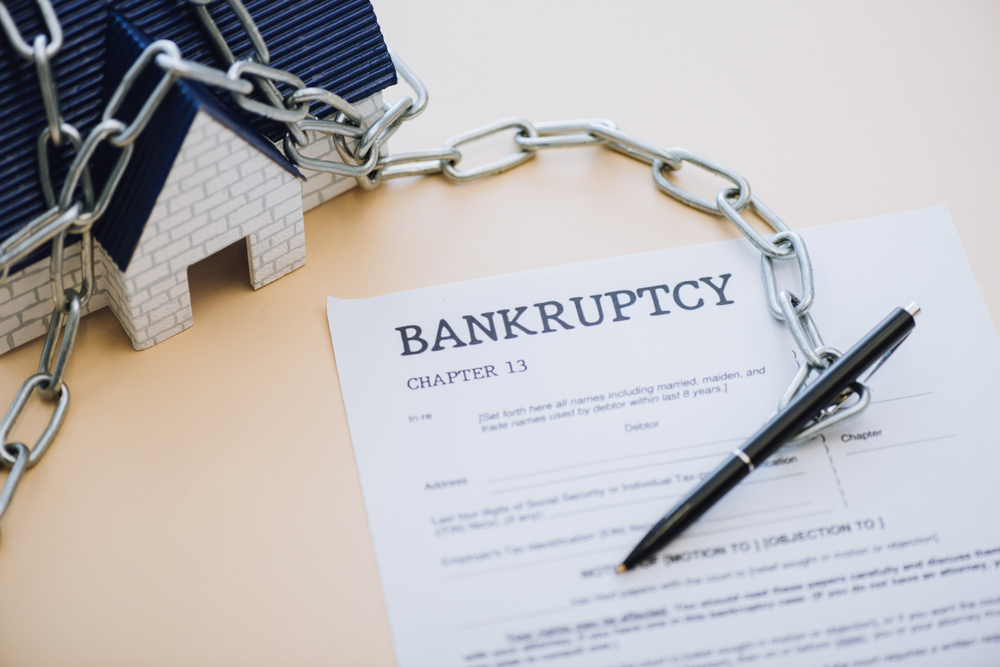
A Chapter 13 bankruptcy can be a powerful tool to stop a sheriff's sale in Minnesota. By filing for...

Yes, you can typically keep your tax refund in a Chapter 13 bankruptcy. However, there are specific...
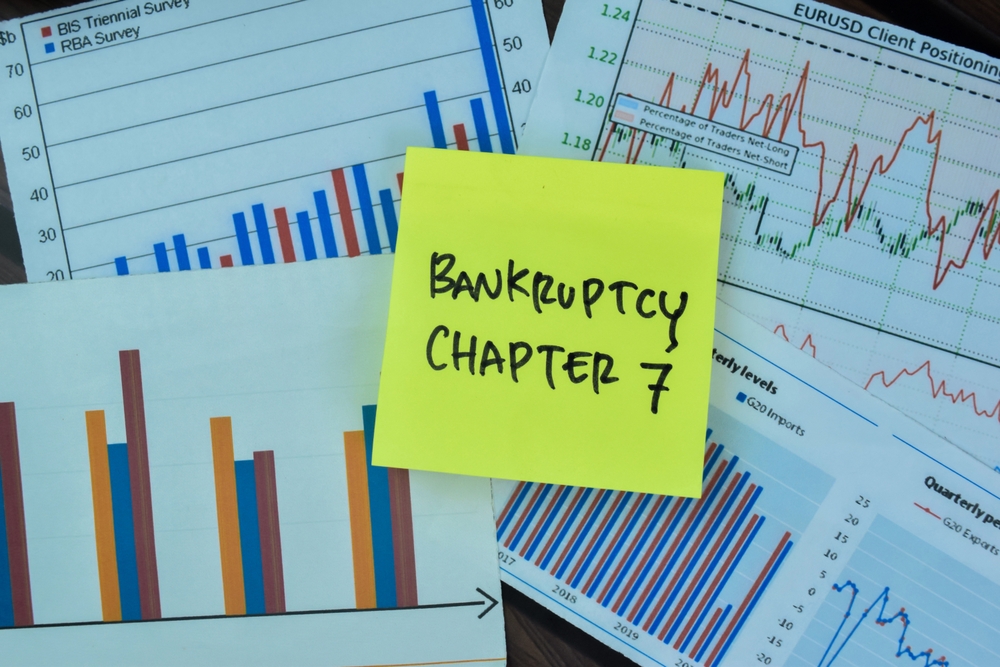
In most cases, when you file for Chapter 7 bankruptcy in Minnesota, your tax refund becomes part of...
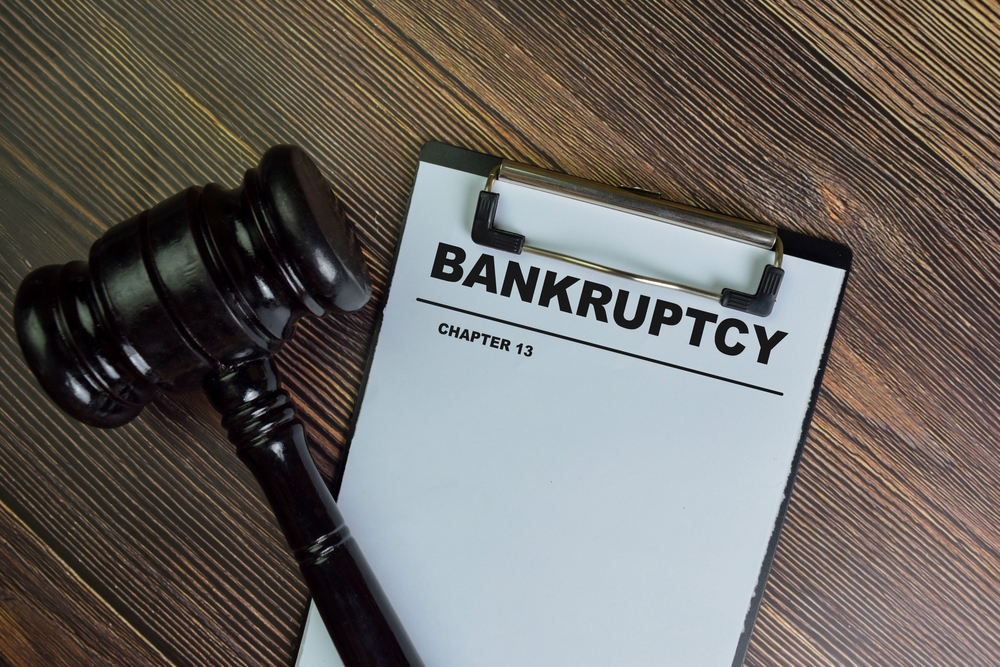
A Chapter 13 bankruptcy is a three-five year repayment plan, whereby the debtor pays in as much as...
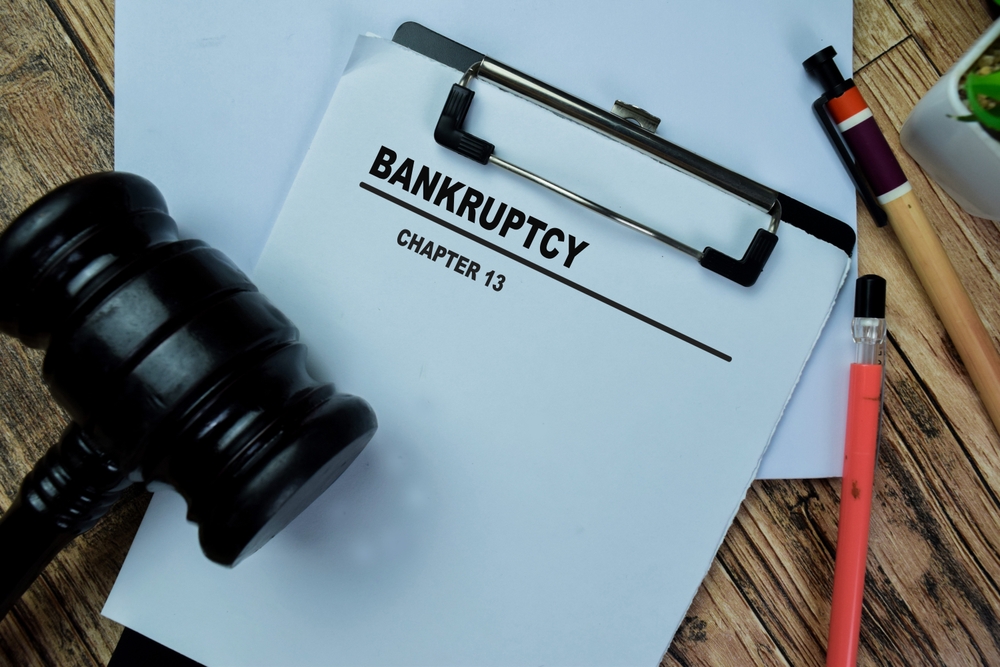
A Chapter 13 bankruptcy is a three to five year repayment plan, whereby a debtor pays as much as he...

A Chapter 7 and a Chapter 13 bankruptcy are great ways for individuals to manage debt and pay down...
.jpg)
Individuals may file for bankruptcy for themselves or jointly with a spouse. Bankruptcy allows for...

The number of dependents a debtor has is significant, as it determines whether the debtor passes...
.jpg)
In a Chapter 13 bankruptcy, a debtor pays as much as he or she can afford each month, in a three to...

A Chapter 13 bankruptcy is a great tool to resolve debt issues. In a Chapter 13 bankruptcy, an...

A Chapter 13 bankruptcy allows a debtor to cure mortgage arrears in a three-five year repayment...
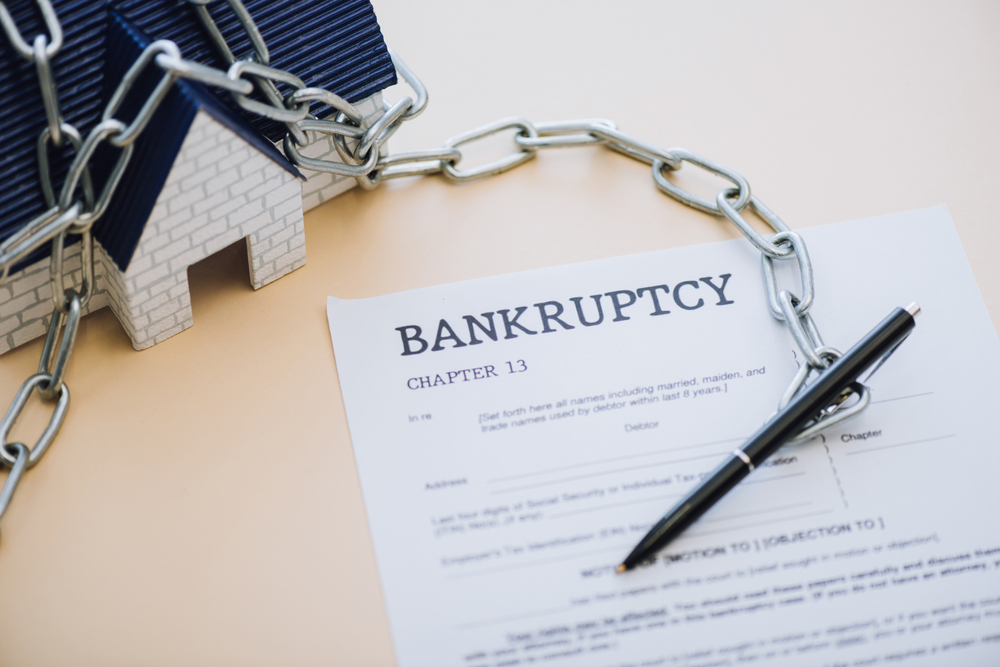
When a debtor files a Chapter 13 bankruptcy, they are provided significant financial relief from...
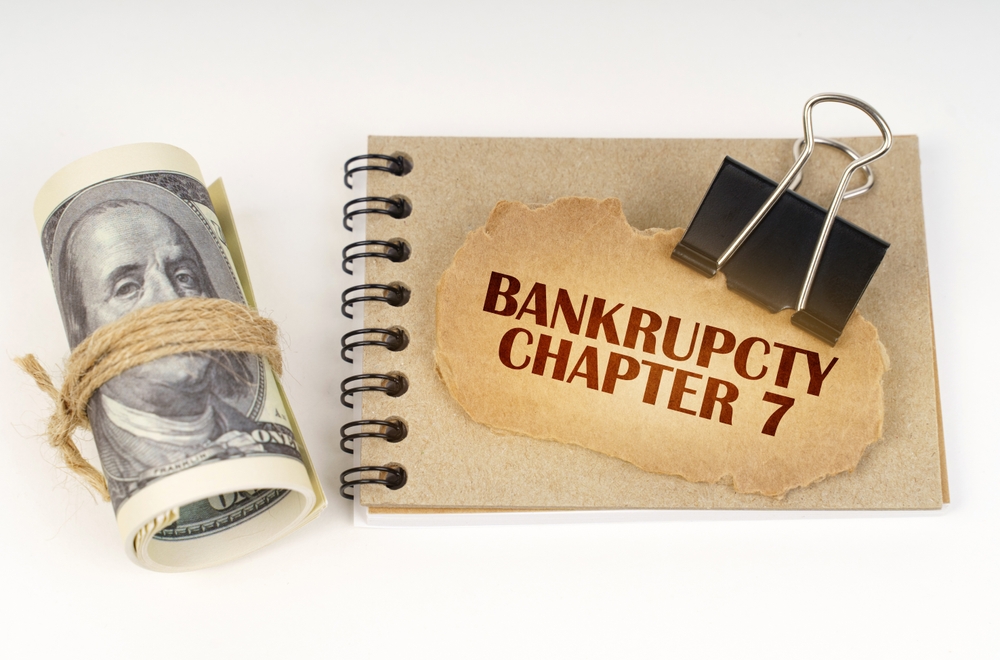
Starting on April 1, 2023, new median income figures will be used to determine whether a debtor...
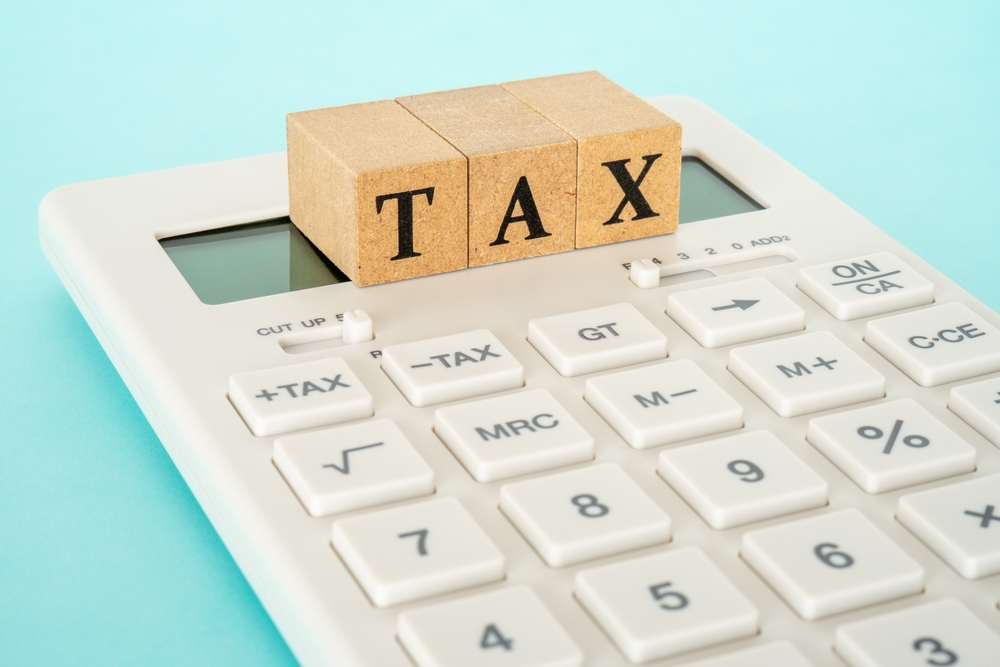
Filing a Chapter 13 bankruptcy is a helpful tool to deal with overwhelming debt. A Chapter 13...

Filing for bankruptcy often raises questions about the fate of your possessions, especially...

After a debtor files for bankruptcy, the automatic stay immediately goes into effect; the IRS will...
© 2023 Lifeback Law Firm, P.A. | Disclaimer | Privacy Policy | Sitemap